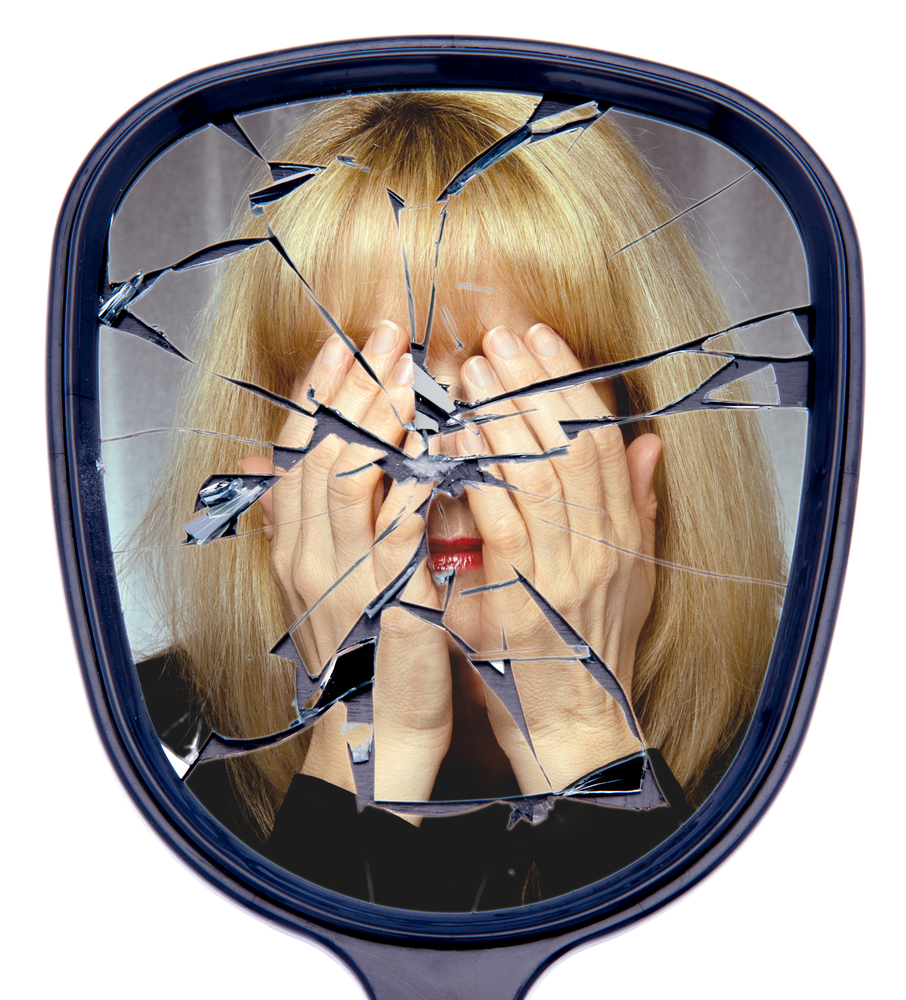When you’re struggling financially, it can feel like living under a heavy cloud that casts shadows over every aspect of life. Financial instability can impact your self-esteem, limit opportunities, and put you in a constant state of stress and insecurity. It’s a relentless cycle where basic needs often precede personal ambitions, leaving little room for joy or peace of mind. Here is what constantly being poor feels like and some ways to help you cope and get on the road to financial freedom.
1. Walking on a Tightrope Without a Net
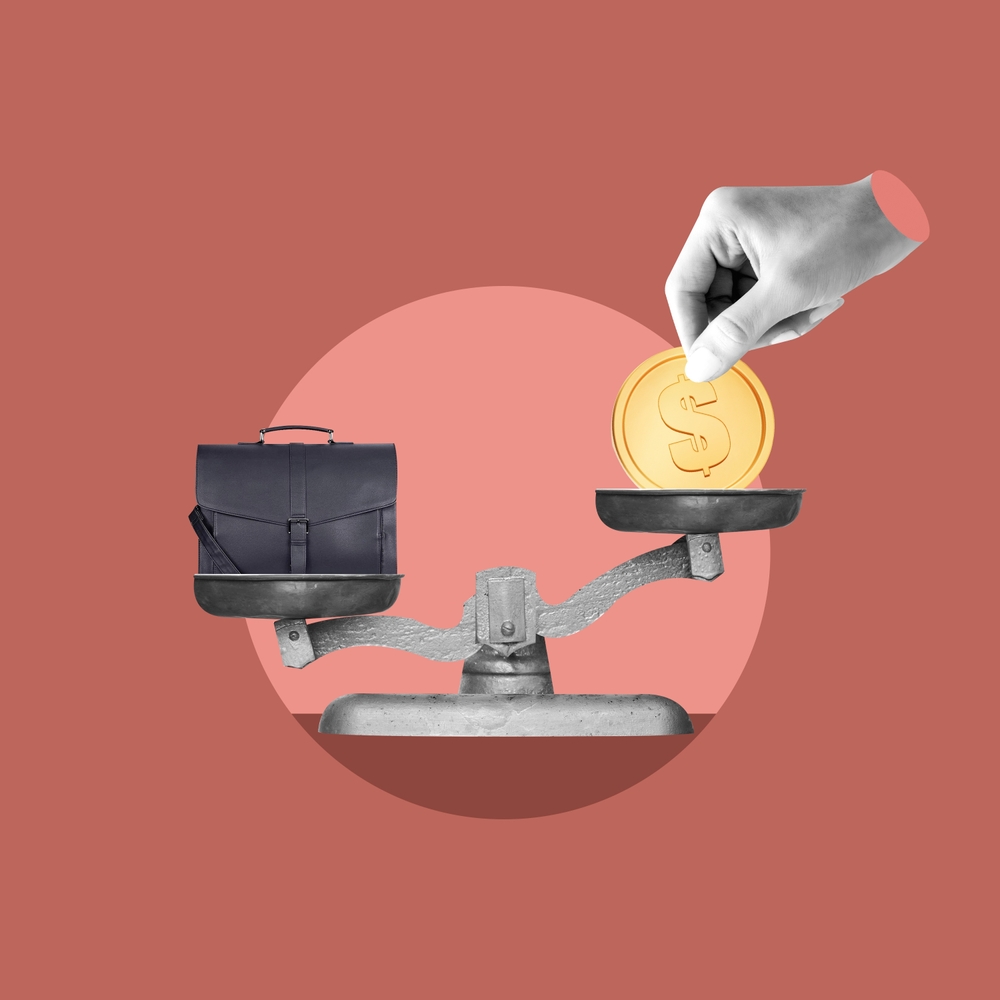
Being broke feels like balancing on a tightrope, trying to manage your basic needs while constantly feeling one step away from disaster. There’s no financial safety net, and the constant fear of an unexpected medical bill, car breakdown, or rent increase makes daily life feel precarious and stressful. It might feel impossible, but start building a small emergency fund by setting aside whatever you can, even if it’s just a couple of dollars a week. Over time, this buffer grows and can help prevent future crises.
2. Drowning Under the Weight of Financial Anxiety

Living with a persistent undercurrent of worry and dread over money can keep you awake at night. You might be unable to turn off your thoughts about how to pay the next bill, where to get groceries, or what happens if your situation worsens. This chronic financial anxiety can take a toll on your mental and physical health and make you feel like you’re drowning. Practice mindfulness techniques like deep breathtaking exercises or journaling about your worries to help manage the stress. Also, finding ways to break tasks into smaller steps and tackle one issue and one bill at a time. This can make your financial problems seem less overwhelming.
3. Scrambling to Get Ahead
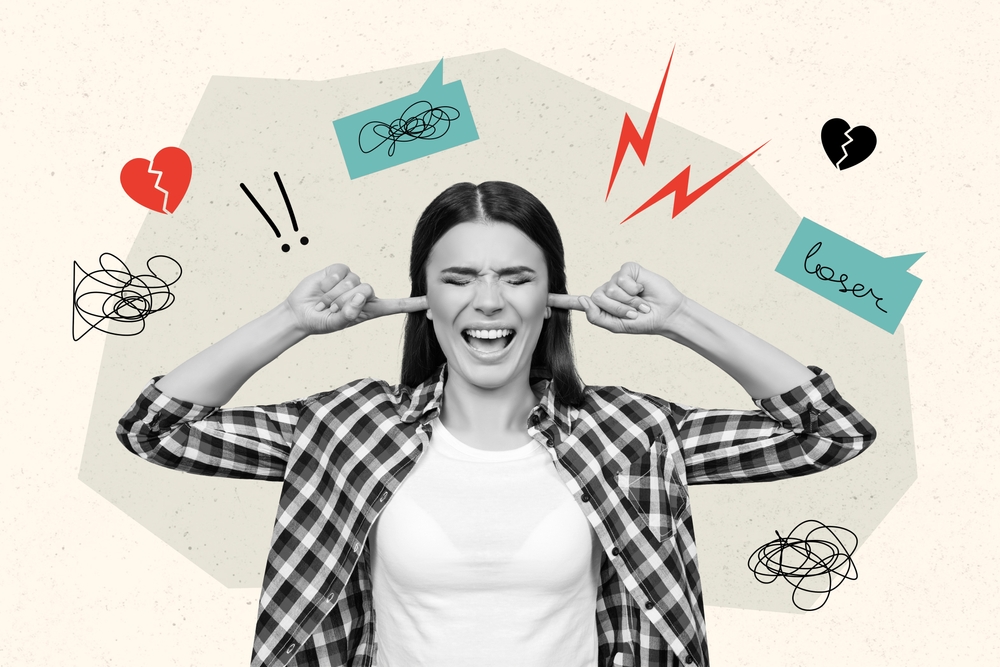
Never having enough money can make you feel like you’re running on a hamster wheel, continually scrambling to stay ahead and keep afloat. It can also feel like no matter how hard you try, you never make real progress. It’s mentally and physically exhausting and can rob you of joy and inner peace. Creating a money diary and a realistic budget can help you better understand where your money is going. Break down big financial goals into small, achievable steps. This can give you a sense of accomplishment and control, even when things feel overwhelming.
4. Burdened by Shame and Embarrassment

When money is tight, saying “no” to friends, family, or yourself can be shame-inducing and isolating. Skipping social events, not buying gifts, and forgoing basic pleasures also lead to feelings of inadequacy and guilt. Find low-cost or no-cost alternatives that allow you to enjoy your life without fear. Attend free local events, host potluck dinners, or enjoy outdoor activities to connect with friends without spending money you don’t have.
5. Like You’re Harboring a Dirty Secret

Being poor can make you feel invisible or left behind. Others might not see or understand the depth of your financial struggles, but at the same time, it can feel like you’re wearing financial troubles on your sleeve. You might wear old clothes, decline invitations, and barely have food in the fridge. Seek out communities and support groups where your struggles are understood. Connecting with people facing financial challenges can make you feel less alone and more empowered.
6. Watching Your Dreams Slip Away

Long-term goals and dreams take a backseat when you’re just trying to survive. Whether it’s continuing education, pursuing a hobby, or building a career, it can feel like your ambitions are delayed or out of reach, leading to frustration and hopelessness. Focus on making small steps toward your long-term goals; even tiny progress can give you a sense of achievement. If you’re working toward education, take a free online course or read a book relevant to your field—you can borrow from the library.
7. Trapped in a Never Ending Cycle

Being broke feels like a vicious and never-ending cycle. Every time you manage to climb out of one hole, something else crops up. The job doesn’t pay enough, bills pile up, and you feel destined to live paycheck to paycheck. This sense of entrapment is emotionally exhausting and stressful. Contact local community programs, non-profits, or financial counseling services for help. Sometimes, an outside perspective can identify resources or opportunities you may not be aware of.
8. Plagued by Guilt Everytime You Buy Something

When you don’t have enough money, every dollar spent is followed by second-guessing and guilt. Whether it’s buying a snack, a grooming necessity, or paying for utilities, there’s an overwhelming feeling that you could have, or should have, spent the money better. This guilt compounds over time and creates a fear around finances. Create a budget with room for small indulgences or flexibility so you don’t feel every purchase is a mistake.
9. Exhaustion from Mental Math
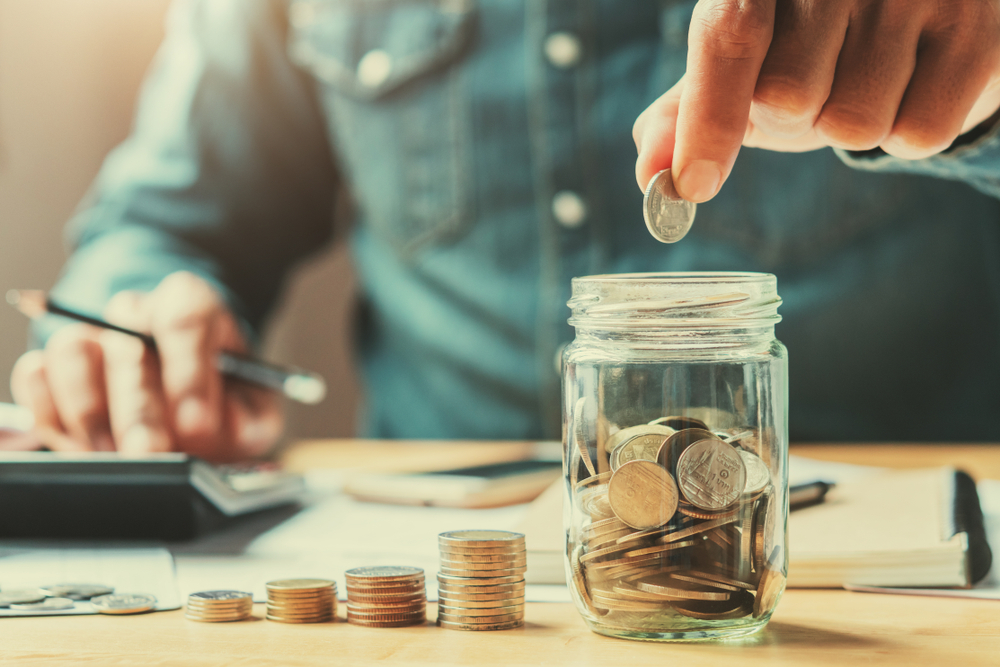
When money is tight, you have to resort to mental math—constantly calculating how much is left in the bank, how far groceries can stretch, or which bill can be delayed. This constant decision-making is mentally draining and can send your stress levels through the roof. Set up automatic transfers for bills and allocate a small amount of money for non-essentials so you don’t have to calculate every decision. Use free budgeting apps to track spending to relieve some of the mental burden.
10. Emotionally Burdened and Lonely

The emotional burden of being poor can lead to feelings of loneliness and isolation because you can’t relate to others’ experiences or don’t feel like they understand your situation. This can compound the stress of financial hardship and lead to depression. Don’t underestimate the power of connection or be afraid to tell a friend about your predicament. You’re not alone; sharing your struggles with those who understand can be a huge source of emotional relief and solidarity, and they may even help you find some practical solutions.
11. Powerless Over Your Circumstances

Financial hardship limits your choices in life, from what food to buy to where you can live. It’s frustrating to feel like you aren’t free to make decisions and that everything you do is dictated by how little money you have. These restrictions make you feel trapped and powerless. Reclaim a sense of control through your choices. You could search for healthier yet affordable foods, find a free educational resource, or shop at thrift stores.
12. Consumed by Debt
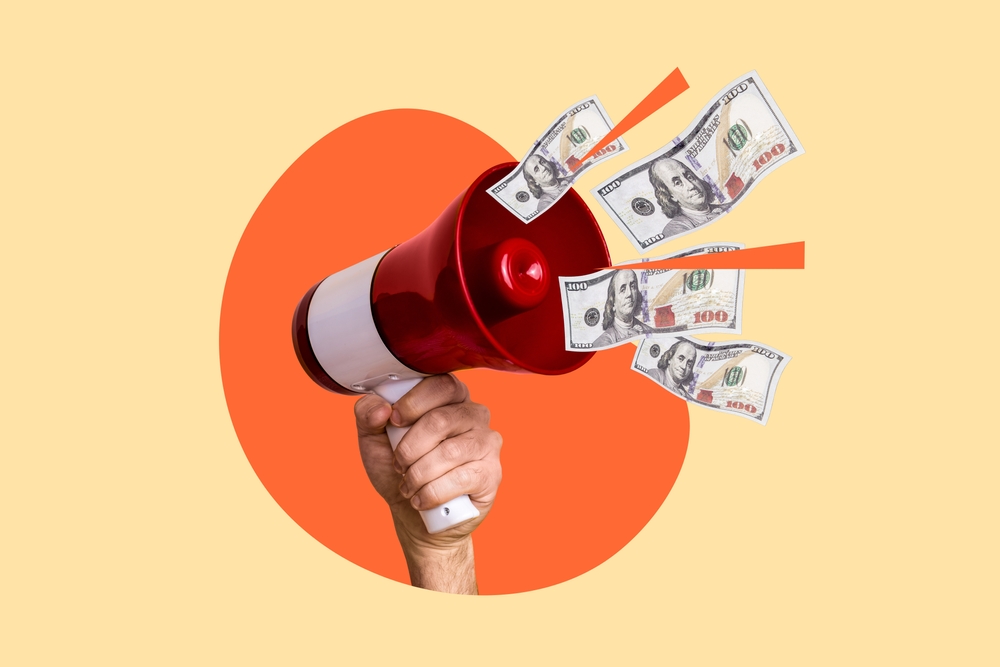
Feeling consumed by debts can be overwhelming, and like you’re trapped in a never-ending cycle of missed payments and financial strain. The constant pressure and anxiety over money can affect mental health, relationships, and overall well-being. To cope with debt, it’s crucial to take proactive steps—assess the full scope of your debts and create a realistic repayment plan. Prioritize high-interest debts and explore options for debt consolidation or negotiation. Seek help from financial advisors or credit counselors who can provide valuable guidance. It’s also essential to address the emotional toll that debt is taking on you, so engage in stress management practices like mindfulness and meditation (you can do these for free on an app).



